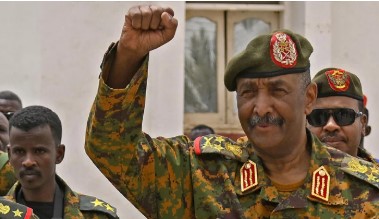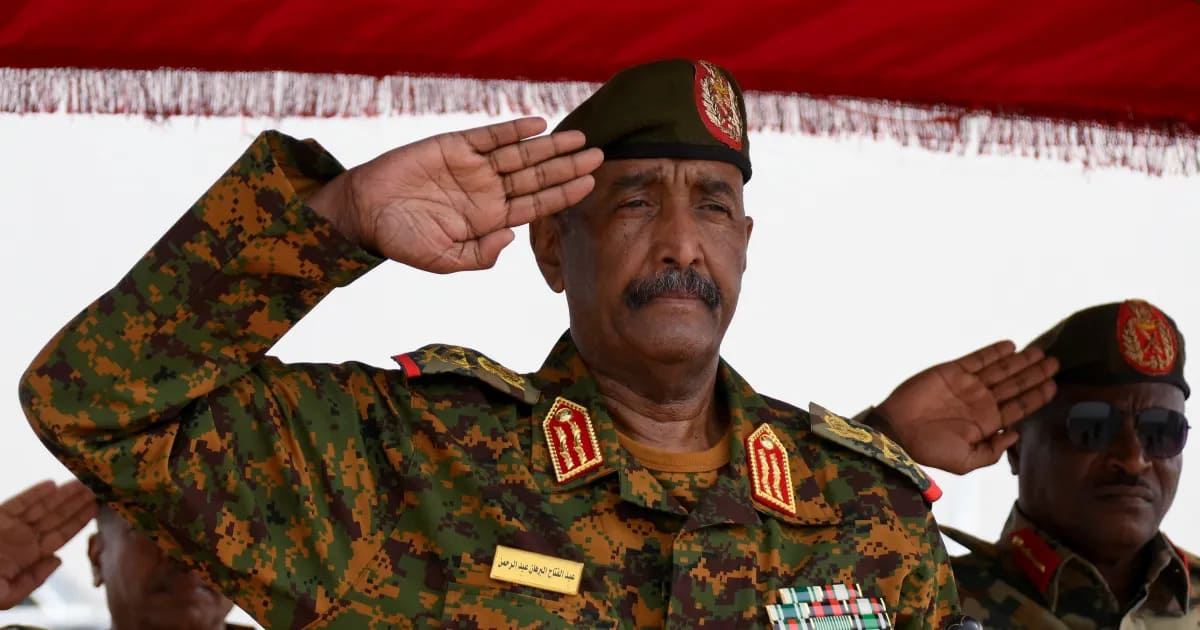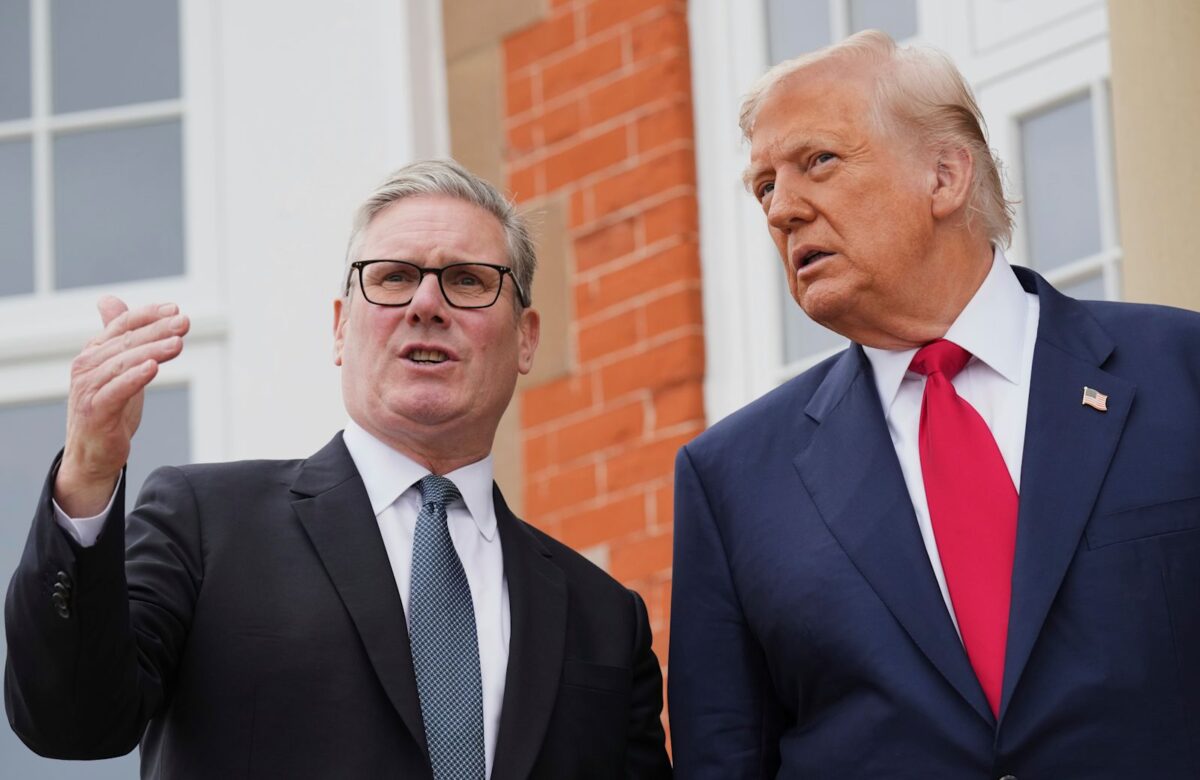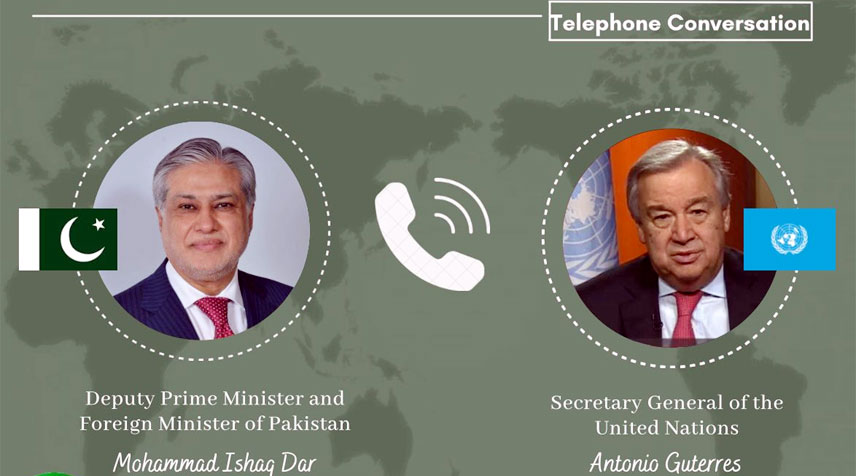
Sudan’s Military Chief Announces Plan for Technocratic Government
- World News
- March 28, 2025
- No Comment
Sudan’s Military Chief Announces Plan for Technocratic Government
Sudan’s Sovereign Council Chairman and Army Chief, General Abdel Fattah al-Burhan, has reaffirmed the military’s commitment to facilitating a democratic transition by creating the necessary conditions for an elected civilian government.
During a meeting with Germany’s Special Envoy to the Horn of Africa, Heiko Nitschke, Burhan emphasized that the armed forces will not engage in political affairs. Discussions focused on launching an inclusive national dialogue and establishing a technocratic government to oversee upcoming elections, in line with the recently announced political roadmap.
Germany has expressed full support for Sudan’s reconstruction efforts, with Nitschke confirming Berlin’s willingness to collaborate with international partners to assist in rebuilding war-torn areas.
Meanwhile, the Sudanese army has made significant territorial gains in Khartoum, reclaiming key locations including the presidential palace, government ministries, and the Central Bank of Sudan. Columns of Rapid Support Forces (RSF) fighters have been seen withdrawing toward White Nile State, signaling a potential shift in battlefield dynamics.
Despite these advances, intense clashes continue. On Thursday, the army launched airstrikes in Omdurman, targeting remaining RSF strongholds as part of an effort to secure full control of Greater Khartoum. Artillery shelling was reported in the southern districts of the city.
The conflict between the Sudanese army and RSF erupted in 2023 after their alliance—formed during the 2021 military coup—collapsed into a bitter power struggle. The ongoing war has displaced over 12 million Sudanese and pushed nearly half of the country’s population into severe hunger, according to the United Nations.
With the humanitarian crisis deepening, the announcement of a technocratic government and renewed international engagement raises hopes for a political resolution. However, sustained peace remains uncertain as military operations persist and diplomatic efforts unfold.







